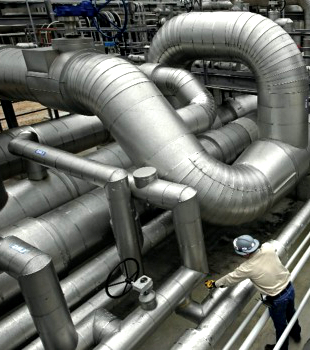PRRT changes pushed
 The Albanese Government has unveiled significant reforms to the Petroleum Resource Rent Tax (PRRT) aimed at enhancing Australia's returns from its natural resources.
The Albanese Government has unveiled significant reforms to the Petroleum Resource Rent Tax (PRRT) aimed at enhancing Australia's returns from its natural resources.
These changes, expected to boost tax receipts by $2.4 billion over the forward estimates from 2023-24, target the offshore LNG industry, ensuring higher tax payments sooner and providing policy certainty for industry and investors.
This, the government claims, will secure domestic gas supply and maintain Australia as a reliable international energy supplier.
The new PRRT regulations, now registered, are in response to the Treasury Gas Transfer Pricing Review recommendations.
They modernise the rules to encompass the tolling business model and enhance the tax system's integrity.
The Albanese Government says that these reforms will support budget repair efforts, fund essential services, and build a stronger, fairer economy.
However, the oil and gas sector is concerned about the potential negative impacts of these reforms.
Furthermore, the efficacy of the PRRT has been questioned, particularly in ensuring that Australians benefit from their natural resources.
Critics claim major projects like Shell's Gorgon gas project may never pay PRRT, despite substantial profits.
This has led to a public perception that the PRRT fails to capture a fair share of revenue from the booming gas industry.
Comparisons have been made to Nordic countries that tax oil and gas companies more effectively while subsidising higher education. In contrast, Australia collects more from HECS/HELP repayments than from the PRRT, raising questions about tax priorities.
Correction: An earlier version of this report included an incorrect reference to an ATO ruling on the PRRT. The reference has been removed, and CareerSpot News apologises for any confusion caused.








 Print
Print